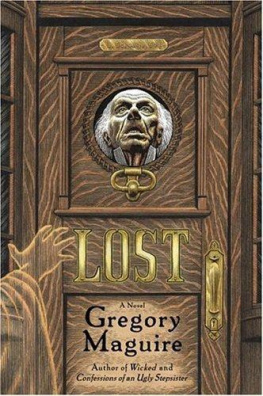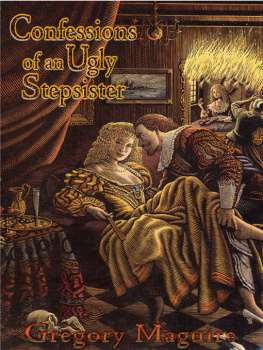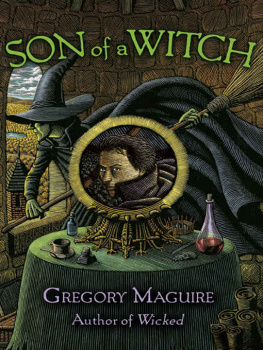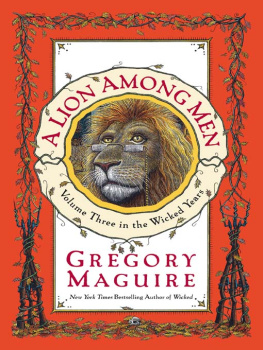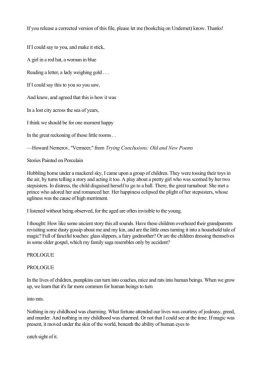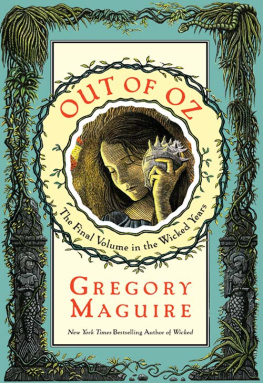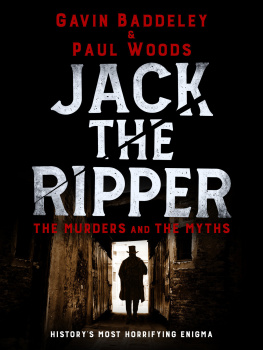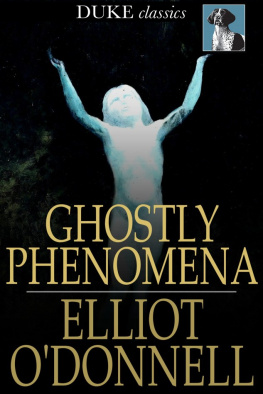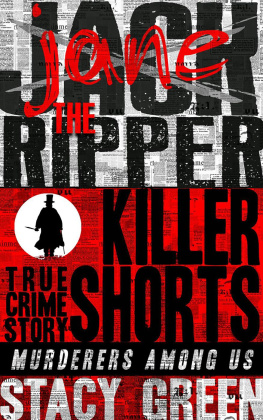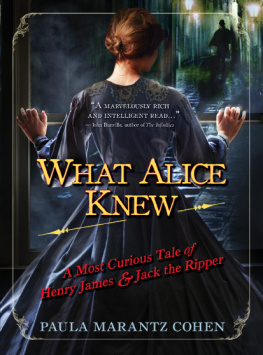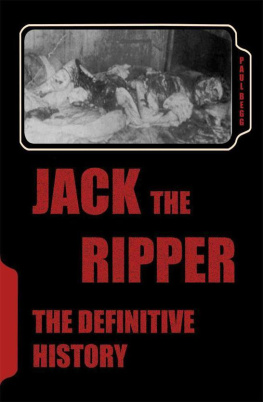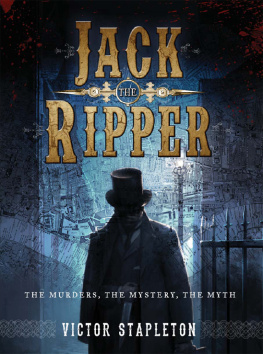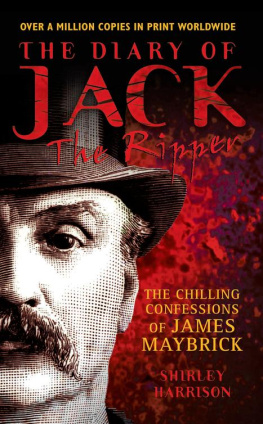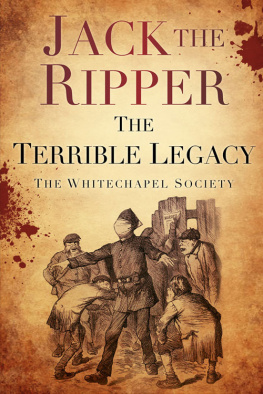For the Time Being
there was little to do but lean against the wall and breathe in, breathe out, as if breath were a rare enough commodity to bother cherishing. The train was scheduled to leave at 15:23. It had been hard for Winnie to get Gervasa to Waterloo, down into the catacombs of the Tube, but Winnie had taken the upper hand as best she could, and people, she saw, gave her the widest possible berth. Appearing to be talking to yourself clears the way, she observed. And yelling does it more efficiently still.
She thought to look at the ticket. The twelfth of December. How had the time passed? She'd come to London more than a month ago. Two weeks or so spent in wrestling the reduced spirit of Gervasa out into the open. Was it true that Gervasa had resisted coming? Once upon a time Winnie had guessed some dim ghost of Jack the Ripper, reluctant to kill again. The falling chimney pot, all that stage business. Off. Way off.
Something didn't sit right with Winnie, and as the well-dressed travelers began to assemble themselves in the departure lounge of the Eurostar, off to do holiday shopping or have a dirty weekend in Paris, Winnie caught sight of what it was. According to Irv Hausserman, the ghosts of the past were usually of some renown, at least to the scribes who snatched their tales out of the air. What were the miracles of saints but the rough music of the good and the blessed still rousing folks up to betterment? And old sinners and reprobates had to be high-born in order to be remembered. But who cared for a dead pregnant peasant woman from six, seven hundred years ago? Someone who had left no mark, probably left no issue, surely disturbed history in no memorable way?
Winnie didn't like the class system of the ghostly world. No more than she liked these living rich rich people who smelled like attar of heirloom roses as they went swanning by. Why should that fop with the cell phone be the one to have so much obvious disposable income, and not the man who slept under the yew trees in the graveyard at Hampstead Parish Church? Why should this dead one leave a ghostly residue and not that? It seemed so capricious.
But it is not something I asked for,said Gervasa, as travelers who had cleared customs looked up over their Independent s and Guardian s and cafs au lait and then looked down again, too quickly.
Winnie hadn't realized she had been speaking aloud. She tried to lower her voice. What do you mean? she tried to whisper.
It isn't something I asked for. She was speaking to Winnie out loud, in that muscle-bound Anglo-Norman, but though the sound was foreign, the meaning was coming through in something approximating English. That's the modern European Community for you, thought Winnie.
You didn't ask to be aa spirit?
To last beyond my death? Who would ask that? I didn't believe in the Purgatory promised by the abbots. My punishment is to have been proven wrong.
What did you do? said Winnie. What a story she could write and sell to the National Enquirer about this: Thirteenth-Century Ghost Tells All.
It was the third year of the famine. For the sake of a morsel I did what I ought not to have done. They accused me, and set me up to burn like a martyr. To make me repent.
What did you do? Did you murder for food?
I will not say it.
An even more novel notion: Thirteenth-Century Ghost Refuses to Talk. And they killed you for it.
I had a small life, but it was only half the life I had. The other half quickened within me. The first I was willing to lose to save the second. My bargaining failed me somehow. I am caught, for reasons I don't know, in between life and death. In this state I cannot learn whether my child lived or died. Such knowledge is too far. But I am caught, a dead leaf that will not detach and fall. I am in between the shadow world and the lighted one. I cannot die enough to follow the child into the dark garden to find its history. Nor can I live enough in the bright garden to remember its vanities and pleasures.
This doesn't sound like a peasant voice, observed Winnie, but maybe filtered through her own language skills.... Why should you be privileged enough to be caught between?
That you consider it a privilege...
And why do you presume to know how many of us, or how few, are caught? It is a tally I cannot make. But while I was fully alive, revenants attended every family I ever knew.
Were you the ghost who haunted my forebear, Ozias Rudge?
I do not know the things you know. I don't know souls by names, nor remember what happens, except I know that I am grateful when I am safe, and spend my best time as close to being dead as I can manage.
The announcer called them to the train. Winnie saw people hang back to see where she would place herself. The seats were reserved, but there were plenty of unoccupied places and the other travelers were wary. Well, fuck them all. She tried to hold her head up and walked shakily by, accepting the hand of an attendant into the car.
The train went in an unhurried pace through bemuraled, grimy Brixton, graffiti sprayed in Day-Glo paint on red and yellow Victorian brick. Then the beginning of the rust, as Forster called it in Howard's End, the suburban Edwardian villas that metastasized all over southern England. Dulwich, Sydenham Hill. Into a tunnel. Gervasa flinched within Winnie at the dark and the noise. Out again, past the industrial lots and hangars of Tonbridge, giving way quickly and mercifully to orchards, fields with standing water in tractor ruts. Reflections of the fresh growth of newly planted winter crops. The strange cone-roofed grain houses, their tips tilted. Oast houses, was that the term?
The day grew wetter, brighter, as sunset neared. There ought to be a word for a kind of first direct daylight that occurs only before evening, when the angling sun finally manages by lowering itself to slip in under the clouds that have ceilinged the day. A dusky sunrise is what it was, thought Winnie.
As the land began to peter out, the train picked up speed. The land mounded to the east in a green henge. Then concrete retaining walls, grids, screens, wires. In.
Gervasa didn't like the Chunnel. Only a few moments, don't panic, said Winnie. As if dark and silence are a problem for you. But perhaps it was the speed, the hopeless onrush. Gervasa began to babble more noisily and Winnie needed to talk herself in order to keep the Francophone syllables from offending any of the French passengers. She went hunting for a mint to suck on, hoping to shut Gervasa up, and found the toy phone. She must have stuffed it in there. She pulled it out and pretended to punch some numbers, and held it up to her ear.
Don't worry, she said, please. There is nothing to this.
None of this is going to help.
What help can you possibly need? What can I do?
Gervasa was silent for a moment.
What? Don't make me beg. I invited you here, remember? I've already proven my hospitality. Just tell me.
Exchange places with me.
It was Winnie's turn to be silent.
I have no further death possible without you. And you are not living your life. You know it. You don't want your life. You've turned your back on it.
I haven't.
You who do no good could yet do good. What are you now? A thief, a parasite. You steal the meat of other people's lives and lie about it in words on a page. You turn your eyes away from your own life. You live in a sequence of punishments, in sacrifices and penances.
Not me, you've the wrong gal. I don't believe in all that Church stuff.
Tell me, if you want your life at all, why you bothered to exhume what was left of mine?
I, she began. I. But it was hard to finish any sentence that started with I .
Listen. She held the phone so hard, so close to her face, that the casing began to crack and the plastic to sweat in her palm. Something happened to me. I didn't expect it and I didn't ask for it. But it happened, a tragedy, an awful dreadful thing.

